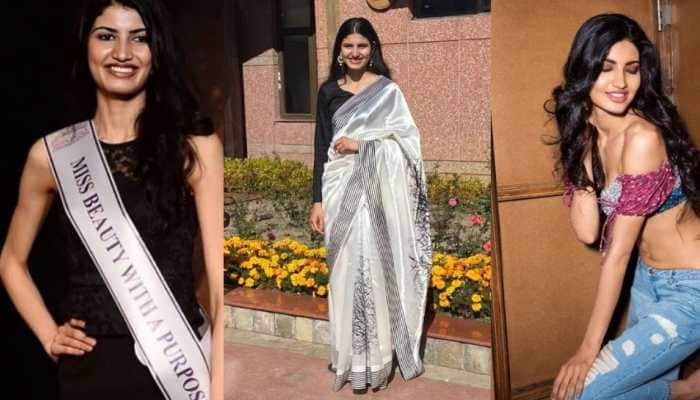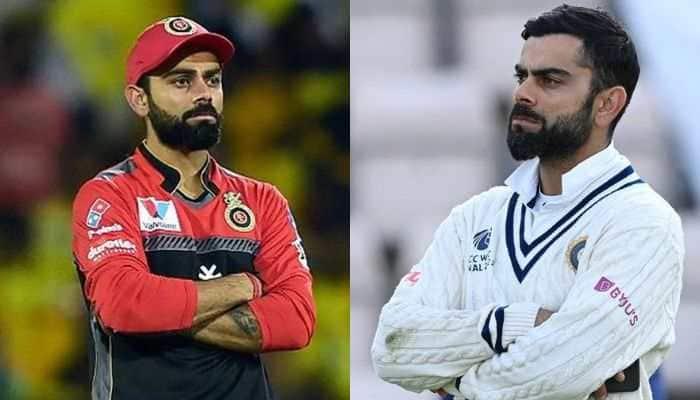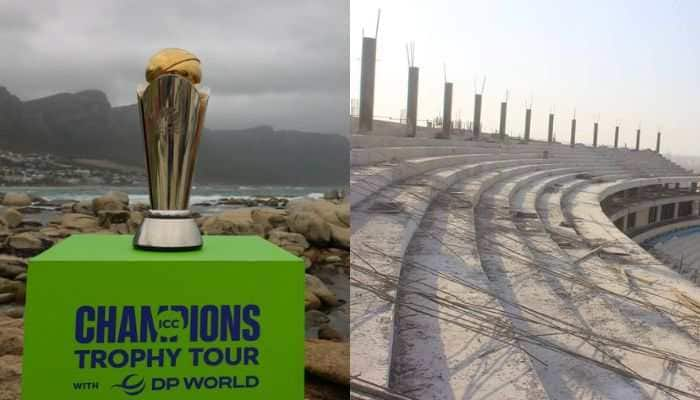When Kumaon Litfest travelled from Dhanachuli to Nainital: A roundup
Trending Photos
)
Richa Taneja
After three days of thought-provoking discussions on pressing issues around history, politics, literature, cinema and poetry by progressive panellists, the Kumaon litfest travelled from offbeat Dhanachuli village to touristy Nainital for the concluding two days on Monday and Tuesday.
Of cinema and black magic
In a session that talked about ‘Turning literature to cinema’, Ankhon Dekhi famed actor-director Rajat Kapoor said, “While writing a novel, one creates a universe through words that then creates emotions, but in cinema, all this is done by placing a camera in front of the subject. To evoke true feelings, cinema needs to innovate and do something really out-of-the-box.”
He added, “While we keep getting nostalgic about the cinema of the 50s and 70s, it’s not the films but the music of that time, which made the era golden.” He also mentioned how human conditions have not changed since 200 years and that is why we are able to relate to cinema from other countries set in different times.
The evening on Monday concluded with a session on ‘Myth and reality of witchcraft and black magic’ where author Susy Matthew talked about her latest book Elijah which revolves around the epic duel between the prophet Elijah and the 850 prophets of Ba’al led by Queen Jezebel. The stage is set in the Iron Age, 9 Century B.C in Israel. She described certain practices involved in the worship of Ba’al which are akin to witchcraft and where child sacrifice was commonplace. Archaeologists have discovered urns stuffed with their roasted remains buried around Ashera poles, she revealed.
Matthew emphasised, “Whoever the Dark World controls, they destroy and the Unseen World exists even without your permission.”
Children take the centre stage
The last day of the festival was themed around children literature and young authors aged between 14-21 talked about their tryst with the publishing world.
Abhiraj Lamba, 14, who launched his poetry book at the KLF and resorted to self-publishing after being shunted down by several publishers who said “poetry does not have any audience”. Yashna Batra, 18, said that there are complexities to roll out a contract if one was under 18 and children writers are often ‘advised’ to wait and ripen their craft before going out to publish. Lalima Yadav, 21, had issues at home and her dad wanted her to be a doctor first and then a writer. It took quite a bit of convincing before she could pursue her love towards writing and come out with her book on poetry about social issues.
Moving further, the session on ‘Children’s literature – not just bedtime stories’ saw a healthy discussion on what should children read or read to after they cross the age of 7, the age when bedtime stories about Disneyland, fairy world stops interesting them. Author Jerry Pinto said, “We do a major mistake by forcing our children to read academic books. They tend to develop an aversion towards reading because of this.”
Author Mona Verma chipped in, “Subjects as sensitive as early menstruation, teen suicides, homosexuality, drugs or abuse need to be brought to their attention as we cannot raise them in a bubble; they have to understand the realities around them. If academic books do not answer these, then well-meaning non-academic books must tackle these issues so that our children do not feel strayed in the digital world that is swarming with information.”
Book launch and discussion
After 9 years, author Tuhin A. Sinha has got back to writing on love and launched his book called “Let the reason be love”. Sinha said, “The book ‘That Thing Called Love’ which was released in the year 2006 was a hit among the readers and ever since, they have been demanding a sequel of the book. Though this book is not a sequel, but have penned down a love story of the contemporary times and I am hoping readers would like it too.”
Moving further, author of the book Aarushi, Avirook Sen was grilled by two lawyers – Sumant Batra and Saif Mahmood for picking up the matter that is subjudice and how his journey has been to bring about this book. Sen said that he has been sitting among the lawyers only for over 6 months to ensure that the book does not call for contempt of the court and does not get into any legal tangle. He said, “What I have stated in the book is purely factual and based on the documentary evidence of the gaping holes and inconsistencies in the case. I have been questioned that my book tilts in favour of the Talwars, but my moot point is - just on the ‘presumption of guilt’, why were we so easily convinced on convicting the Talwars?”
And it’s a wrap!
In the closing ceremony, Kumaon Literary Festival Lifetime Achievement Award was conferred posthumously to Late Girish Chandra Tewari by the Governor of Uttarakhand, Dr Krishan Kant Paul for his contribution in the field of literature and culture.
Paul emphasised that it’s time that Indian literary works get exported to other countries and that can only be done if they are translated and are allowed to travel. He also floated the idea of an author-in-residence at Raj Bhavan. “Since the Kumaon hills weather is conducive for writing, we would provide accommodation for authors at Raj Bhavan. Anyone can take the offer.”
As temperature dipped, overlooking the beautiful Naini Lake, the Kumaon Literary Festival drew curtains with a balmy performance by music maestros Amaan and Ayaan Ali Khan.
Sumant Batra, the director of the festival, promised to iron out the logistical troubles that were faced in the first edition and be back with a bigger and better chapter of the Kumaon Literary Festival next year.
Stay informed on all the latest news, real-time breaking news updates, and follow all the important headlines in india news and world News on Zee News.
Live Tv







)
)
)
)
)
)
)
)
)
)
